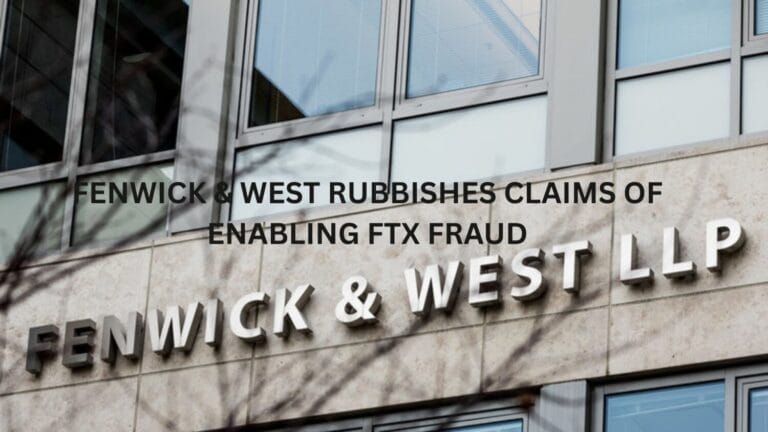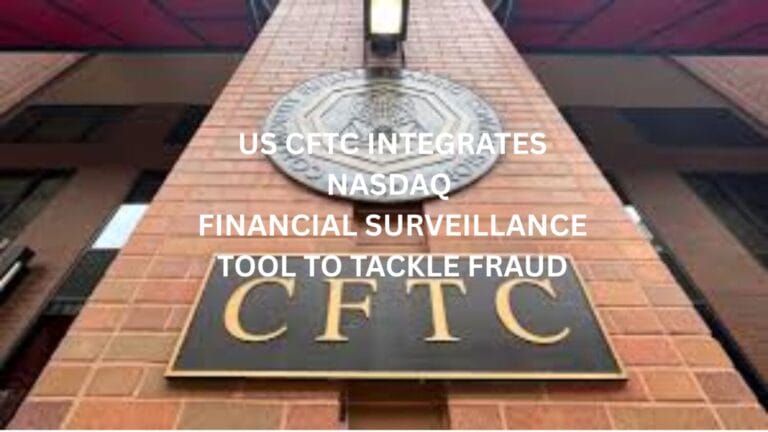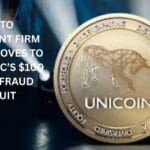Key Takeaways
- The crypto firm accused the SEC of plucking snippets of communications and distorting their meaning and context
- Unicoin rejected the allegations as politically motivated and an attempt to block its plans for a potential New York Stock Exchange listing
Unicoin is gearing up to challenge the U.S. Securities and Exchange Commission’s (SEC) fraud case in federal court, arguing the regulator has built its claims on mischaracterisations and circumstantial evidence. The Miami-based crypto investment platform had asked a New York judge to dismiss the $100 million lawsuit.
The crypto firm accused the SEC of “plucking snippets of communications and distorting their meaning and context; treating routine financial projection and optimism as fraud; and ignoring Unicoin’s sober warnings about risk.”
The SEC filed its complaint in May, naming Unicoin, CEO Alex Konanykhin, board member Silvina Moschini, and former chief investment officer Alex Dominguez. Regulators alleged the firm raised over $100 million by misleading investors through sales of “Unicoin Rights Certificates” tied to its upcoming token and stock. According to the agency, the company exaggerated acquisitions, promoted offerings as SEC-registered, and overstated sales volume, claiming more than $3 billion in certificates sold when the figure was closer to $110 million.
The regulator also alleged that Unicoin told investors the certificates were backed by assets such as luxury resorts in Thailand and real estate in Argentina and the Bahamas. Authorities say several of these properties were either not acquired or inflated in value, creating the impression of billions in collateral that did not exist. Konanykhin was further accused of selling nearly 38 million certificates to unqualified investors, despite public statements suggesting the offerings met regulatory standards.
In its response, Unicoin rubbished the allegations as politically motivated and an attempt to block its plans for a potential New York Stock Exchange listing. Konanykhin pointed to the SEC’s multi-year investigation, claiming it failed to establish wrongdoing. The company argued that the enforcement action ignores key disclosures, adding that securities fraud requires a false statement made knowingly that investors relied upon—criteria Unicoin says are not satisfied.
“The very risks the SEC identifies were disclosed openly and repeatedly,” the company wrote, calling the case a “shotgun pleading” that lacked a clear motive and depended on semantics. The firm also said the SEC’s lawsuit had prevented it from issuing tokens backed by assets, while simultaneously accusing it of failing to mint fully collateralized tokens.
Unicoin maintains that the complaint misrepresents filings and relies on context taken out of proportion. Its executives contend the agency has turned routine business risks into allegations of fraud, with claims stitched together without meeting the legal threshold for securities violations.










